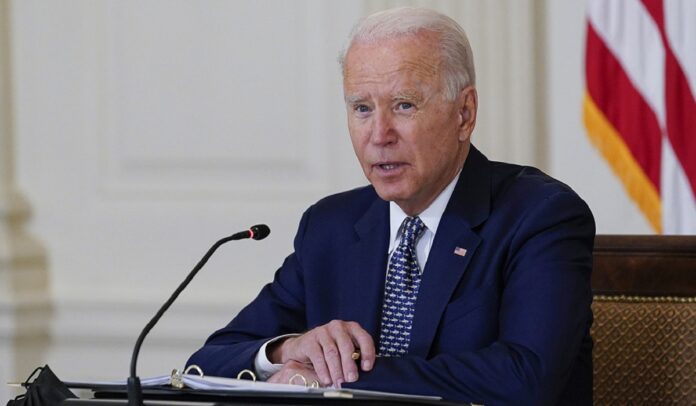High Inflation is Fed’s ‘First Concern
High inflation is the Federal Reserve’s “first concern” and needs to be brought down, hopefully with a soft landing, Federal Reserve Governor Christopher Waller said Tuesday in a discussion hosted by the Economic Club of Minnesota and moderated by Minneapolis Fed Bank President Neel Kashkari.
“We are on it and there is no backing off,” Waller said in relation to high inflation, noting it is better to fight inflation when the economy is strong than when it is weak and that currently, the US economy can withstand higher rates that are frontloaded.
Waller said that it is better to give a lot of warning as what the Fed is going to do rather than trying to surprise consumers and markets by acting quickly, which he said the FOMC has attempted to do with its forward guidance since last fall.
“This is not a shock-and-awe Volcker moment,” Waller said, referring to the period in the late 1970’s and early 1980’s when the Fed raised rates quickly to push down inflation to the detriment of economic growth.
Likewise, on balance sheet reduction, Waller said he believes the Fed can draw down its holdings faster than it did after the Great Recession with an adequate amount of forward guidance, particularly since the Fed’s holdings are at a record high. # High Inflation is Fed’s ‘First Concern
Inflation Slows in April But Remains Hot at 8.3% as Food Prices Surge
Inflation in the US slowed for the first time in the last eight months but remained hot in April as food prices accelerated and the core monthly rate rose, keeping the Federal Reserve under pressure to ease the pace of price growth.
The consumer price index surged 8.3% year on year after an 8.5% jump in March that marked the largest annual gain since December 1981, the Bureau of Labor Statistics reported Wednesday. The consensus on Econoday was for an 8.1% gain.
The food index increased 9.4% annually, the largest gain since April 1981 according to the BLS. Energy prices rose 30.3%.
Monthly inflation eased to 0.3% last month from 1.2% in March, above the Street’s view for 0.2%. The energy index fell 2.7% after an 11% jump in March while food inflation slipped to 0.9% from 1%. Airline fares, however, surged 18.6% following a 10.7% rise.
Core inflation, which excludes food and energy, rose to 0.6% from 0.3% on a monthly basis and was up 6.2% annually. Wall Street had anticipated 0.4% monthly and 6% annual gains.
Last week, the Federal Open Market Committee raised the policy rate by 50 basis points, with Federal Reserve Chair Jerome Powell saying later that “there is a broad sense on the committee that additional 50 basis point increases should be on the table at the next couple of meetings.”
“The market is anxious to call a peak in inflation,” Stifel Nicolaus Chief Economist Lindsey Piegza said. “While any improvement no matter how small or temporary is welcome, prices remain elevated and are likely to remain ‘too high’ for some time, intensifying pressure on the Fed to continue with additional rate increases.”












